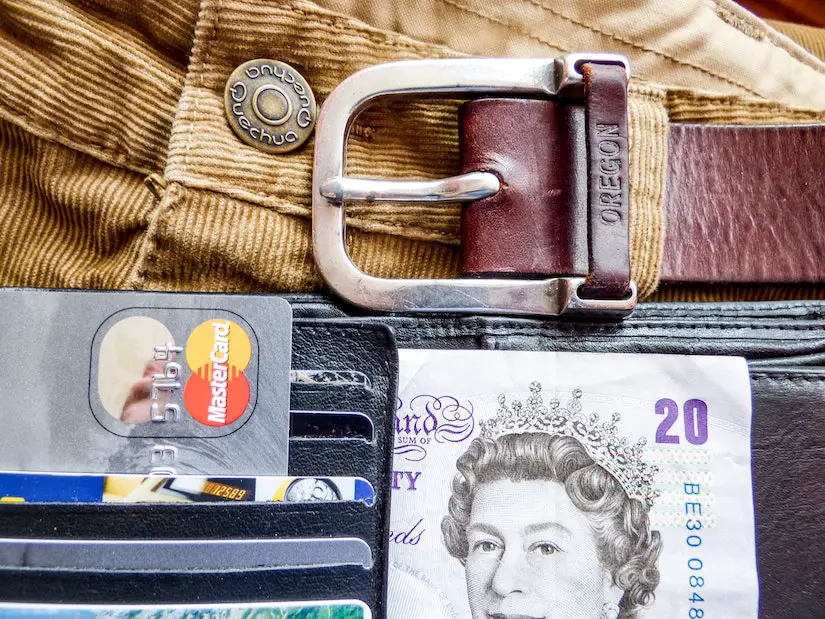How do you pay your loans? What are the effective strategies for repaying personal loans effectively? Well, if you are asking these questions, below are seven loan repayment tips that will help you.
1. Keep An Eye On Your Account
Although this tip sounds like something obvious, many people tend to ignore it. In fact, most of the time, people do not know their bank account status. It is wise always to check the status of your bank account, especially one which you are using to repay a loan.

Nowadays, you do not have to visit the back itself; you can take advantage of the web and banking apps available. If you are using a saving account, you can use algorithms to set an alert that will notify you when your account balance falls below a specific limit.
2. Create A Budget
Another effective way to repay a loan is by creating a budget. This tip entails strategizing a repayment plan that has to be added to your daily, weekly, or monthly budget. The moment you take alone, it is imperative to be mindful of how you use the money.
It is wise to know the amount that will remain after setting aside monthly repayment amounts. There are so many budgeting apps you can use to help you with this. These apps will not only help you cut down on monthly expenses but also help you come up with a working strategy that will help you save.
3. Loan Consolidation
Loan consolidation simply refers to combining all your loans into one. In other words, if you have multiple loans/debts, combining all loans into one is a practical way to manage them. Debt consolidation will cover all loans, and all that you will need to do is pay towards your debt consolidation loan.

Although debt consolidation is an excellent way to repay complex and multiple loans, you should always opt for this option only if the interest rate on this loan is lower compared to the combined interest on all existing loans. Therefore, you should only consider this option if you have a good credit score and a lower debt income ratio (below 43%).
4. Set Up Direct Debit
What does ‘setting up direct debit’ mean? Well, it means allowing an installment loan and money being deducted automatically from your bank account. This is a technique that guarantees timely repayments, which reduces the chances of missed payments to occur.

In fact, chances are your lender will give you a loan at a reduced interest repayment rate, which is a great way to reduce monthly installment expenses. Remember, a dollar saved is a dollar earned.
5. Read Your Loan Terms
Often many people do not read loan terms simply because they are long and exhausting or simply because they need cash immediately. However, reading the terms of the loan is beneficial because it will help you avoid some damages.
For example, we all want to get rid of debts as soon as possible. As such, when the loan term is about to end, one may be tempted to pay extra and forget about the loan. However, what people do not know is that this could be damaging. The kind of damage it attracts depends on the lender. Some creditors will charge you extra if you choose to pay your loan in full and before the end of the loan term. Often, creditors will mention this in the fine print.
If you must pay your loan in full before the end of its term, it is wise to compare the merits against the demerits. On the other hand, if your lender charges a low prepayment fee, you may be better off paying the loan early.
6. Keep Refinancing Options Open
Refinancing a loan simply means taking another loan to repay the current half repaid loan. Remember, if you found a favorable loan deal in the past, chances are you will find even a better now that you are halfway through with your current loan.

That is because by now, your credit score limit has improved, which can help secure a loan with a lower rate. There is no harm in looking for a better offer.
7. Choose The Best Account For Monthly Payments
It is not wise to remove money from your savings account or brokerage simply to repay your debt. Although the interest rate you are getting from your savings may not make up for the interest you have to pay on your loan: it is still important to your overall finances. The best place to put your monthly installments is in a checking account because of easy access.
The bottom goal is finding a balance between what you have to spend and what you need to save. For this reason, having a checking account is an excellent option.



